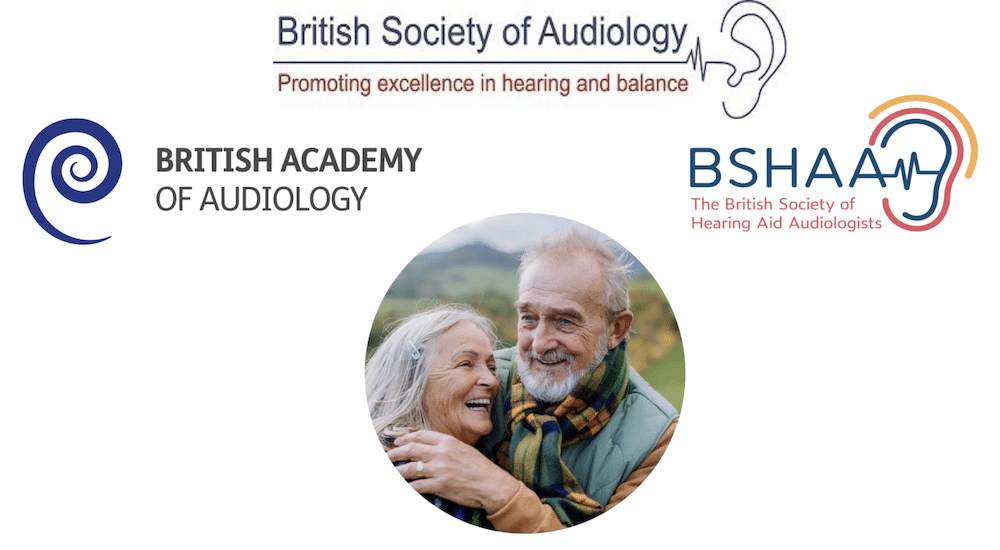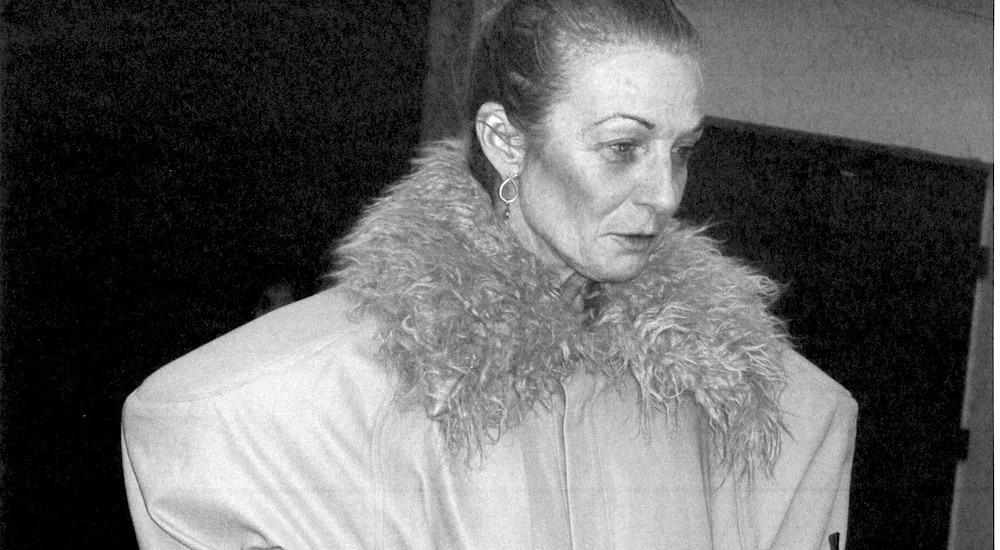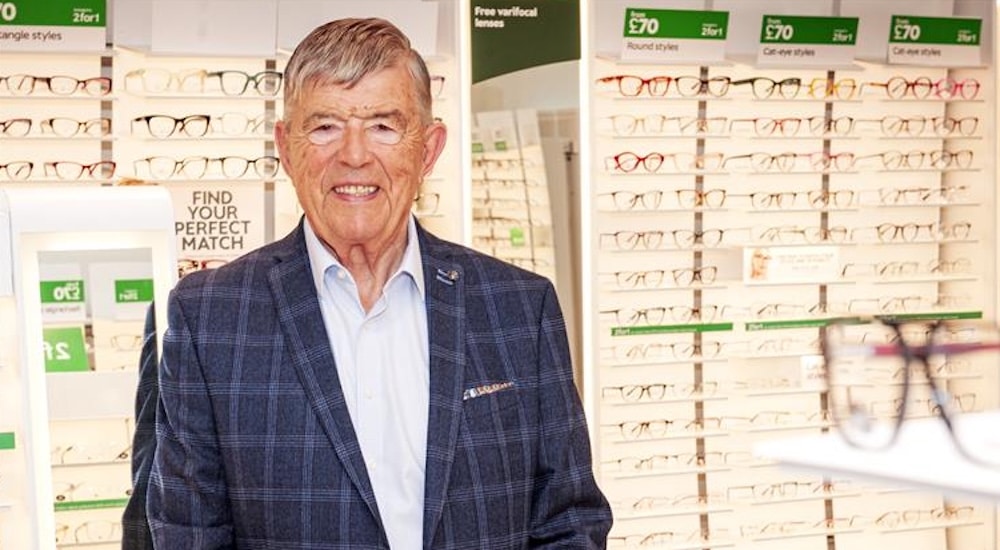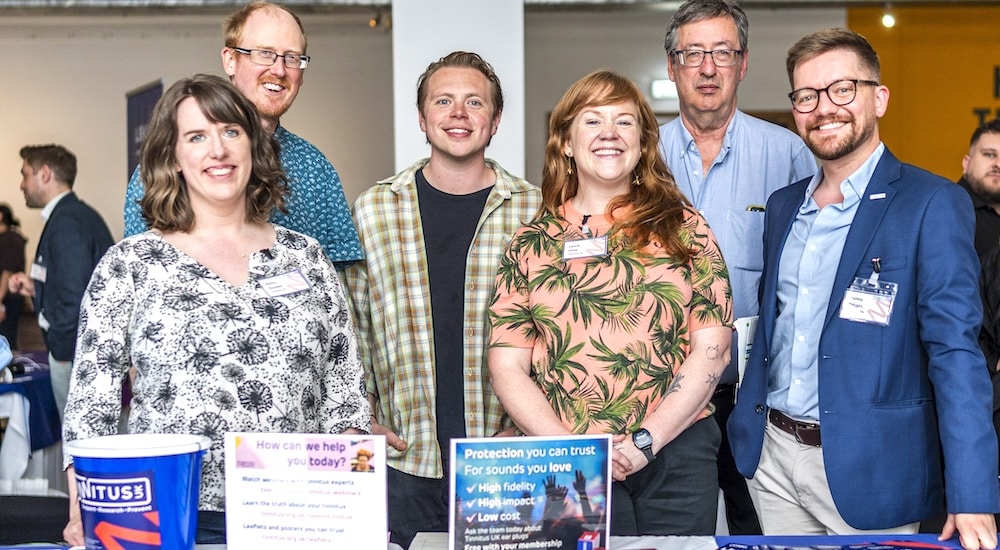"No convincing evidence" hearing loss causes dementia - joint position statement published by UK profession
A joint document clarifies what the hearing sector should and should not be saying on links between hearing and dementia: "Hearing better can help you to live better; however, it is misleading to imply there is evidence that hearing loss causes dementia, and that treating hearing loss will reduce the risk of dementia."

“There is no convincing evidence that hearing interventions reduce the risk of dementia
in the general population.” This is a key conclusion highlighted in a document currently being published by three of the UK’s heavyweight professional associations, stating the groups’ position – following consultations with leading international academics – on the state of evidence on associations between dementia and hearing loss or treatment with hearing aids.
While the statement acknowledges that associations exist, it affirms that “association is not causation. It is a mistake to think that if two things co-occur, one must have caused the other.” The document firmly declares that “it is misleading to imply there is evidence that hearing loss causes dementia, and that treating hearing loss will reduce the risk of dementia”.
Three UK professional audiology associations – the British Society of Audiology, the British Academy of Audiology (BAA), and the British Society of Hearing Aid Audiologists (BSHAA) – all agreed to publish the statement, which advises hearing sector actors on how, in the light of current evidence, to communicate on the subject of hearing and dementia.
Guidance for communicating in relation to adult-onset hearing loss:
- Reduces your ability to communicate with ease.
- Means your brain may need to work harder to understand what is being said.
- Can limit your social interactions and lead to frustration, fatigue, isolation, feelings of loneliness, anxiety and depression.
To avoid in relation to adult-onset hearing loss:
- Is known to cause dementia.
- Has been shown to be the leading cause of dementia.
- Means you will get dementia.
In communicating on dementia and hearing aids, the following dos and don’ts are suggested by the document:
- Make spoken communication easier and will improve your quality of life.
- Keep you socially engaged, and this will help you live better.
- Make listening less effortful.
And to avoid in relation to hearing aids:
- Are known to prevent dementia.
- Have been shown to reduce cognitive decline or risk of dementia.
Key authors
The document was put together following concerns about scare tactics involving dementia and hearing following declarations from many quarters that, in the view of some academics, jump the gun on scientific proof.
The key authors are: Kevin J Munro, University of Manchester; Manchester NHS Foundation Trust, England; Claire Benton, Vice President, British Academy of Audiology; Audiologists, Skipton, England; Jan Blustein, New York University, New York, NY, USA; Piers Dawes, University of Queensland, Australia; Helen Henshaw, Chair, Cognition in Hearing Special Interest Group, British Society of Audiology, NIHR Nottingham Biomedical Research Centre; University of Nottingham, England; Shahad Howe, Co-Chair Adult Rehabilitation Interest Group, British Society of Audiology; NorthEast Hearing and Balance, Darlington, England; Consumer Engagement Manager, Advanced Bionics, UK; Linor Jones, Co-Chair, Professional Guidance Group, British Society of Audiology; Betsi Cadwaladr University Health Board, Wales; Ted Leverton, Service users and volunteer for RNID, Bere Alston, Devon, England, Laura Turton, Board Director, British Academy of Audiology; NHS Tayside, Scotland; Aparna Mordekar, Sheffield Health and Social Care NHS Foundation Trust, England; Michael Marchant, Vice President, British Society of Hearing Aid Audiologists; Richard Windle, Vice Chair, British Society of Audiology; Kingston and Richmond NHS Foundation Trust, England; Tracy Pinkerton, Northern Health and Social Care Trust, Northern Ireland.
Source: Professional associatons, UK


